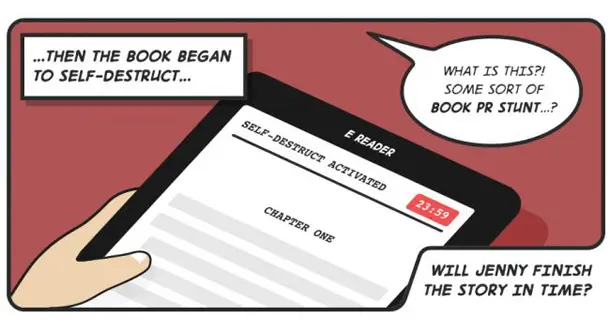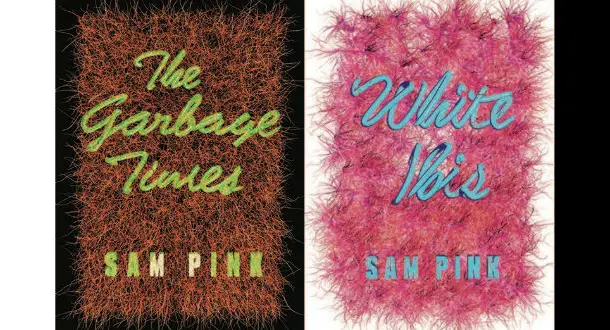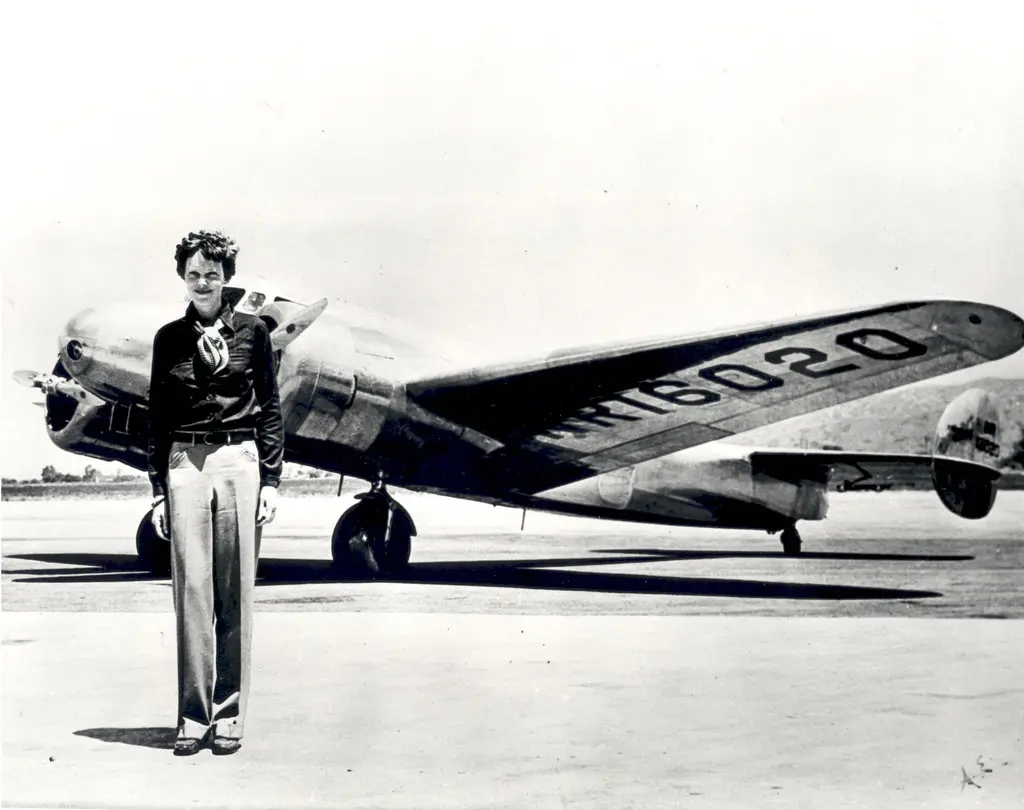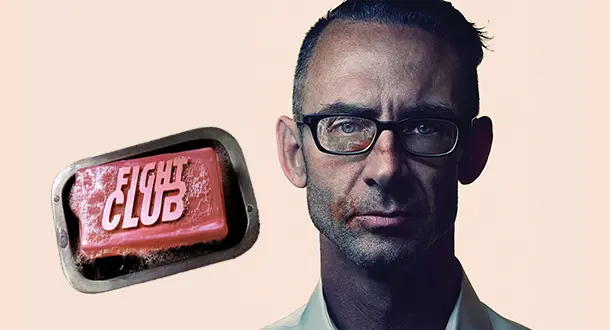Menu
Columns
Showing 3546 Columns
Showing 3546 Columns
May 4th, 2018

So you’ve just published your next book and you’re thinking of the best way to promote it. What about… book review blogs? Yawn. Mailing lists? Guest posts? Blog tours? Swipe. Swipe. Swipe. Been there. Done that.
Read Column →May 3rd, 2018

As the internet winds down and we enter the dark ages where we're forced to switch to actual real-world human contact, normal, well-adjusted people (or writers) might be forgetting the most efficient and acceptable ways to interact in this fleeting online arena, So I've come up with this handy list of tips to remind us all how to keep things trucking along as smooth as possible until the last sad Christmas lights wink out forever.
Read Column →May 2nd, 2018

"Whenever a new Sam Pink novel lands on my hands, I start coming up with excuses for the appointments I’ll either be late for or simply miss. Pink’s work is always original and entertaining, the kind of literature for which the clichéd and utterly unattractive term “unputdownable” was invented. Rontel, his latest release with Lazy Fascist Press, is no different, except for the fact that it turned me into the guy on the bus who seems to be laughing at some internal joke."
Read Column →May 1st, 2018

At some point, you have probably heard the advice that if you’re to be a true writer, you have to know your characters entirely—that if you are creating a well-defined character you should be able to fully articulate what is under their fictional bed. I’m not sure if I believe this.
Read Column →April 30th, 2018

photo by Allan Amato This is a retrospective, a going-through of Chuck Palahniuk’s work. Because his new book comes out this week. I’m not going to talk plots or reviews so much as I'll tell some personal stories. If you’re looking for a plot summary, just buy the damn books and read them already. If you're looking for reviews, there's lots out there for you. If you're looking to hear how an author has shaped a person's life, read on.
Read Column →April 26th, 2018

Take Our Daughters and Sons to Work Day is celebrating its 24th anniversary on April 26, 2018, and you know you want to participate!
Read Column →April 25th, 2018

Not too long ago I found out that Bram Stoker’s original version of Dracula ended in an explosion. Unfortunately, Stoker didn’t have the good sense to keep it in the final draft. Instead he went on about some nonsense, probably something about how Arthur was a lord of whatever. Snooze. It makes a person wonder. What if other books had alternate, more exciting, more explosive sections? What if classic novels worked more like blockbuster movies?
Read Column →April 24th, 2018

Image via Moriel There was the end of an era, recently. CHUD.com, the irreverent movie news and reviews website run by Nick Nunziata since 1997, closed in March. The site spawned several notable writers, most infamously the contentious figure Devin Faraci, formerly of Birth.Movies.Death, but had been under the radar for several years. As it turns out, however, Nunziata had been been building a new website.
Read Column →April 23rd, 2018

Today is the day we celebrate The Bard’s birth and death. No one knows for certain what day he was actually born, but historians believe it was on April 23, and April 23 is without question the day he died. So how to celebrate such a momentous day in the life and death of such a momentous writer? Read one of his plays, see a production or… write a list of the best modern film adaptations of his works? Okay, the first two are probably the more respectful options, but we’re going with #3.
Read Column →April 20th, 2018

Today is National Look Alike Day! I’m not sure why, exactly, or how one is meant to celebrate such a holiday, but here’s how I’m celebrating it: with a list of the best lookalikes, doubles and doppelgängers in fiction. So tag your face-twin and settle in. Today, we recognize the ringers.
Read Column →🎼
Tell us about your book, and we'll give you a writing playlist
Take our 1 minute quiz to find your ideal tunes.